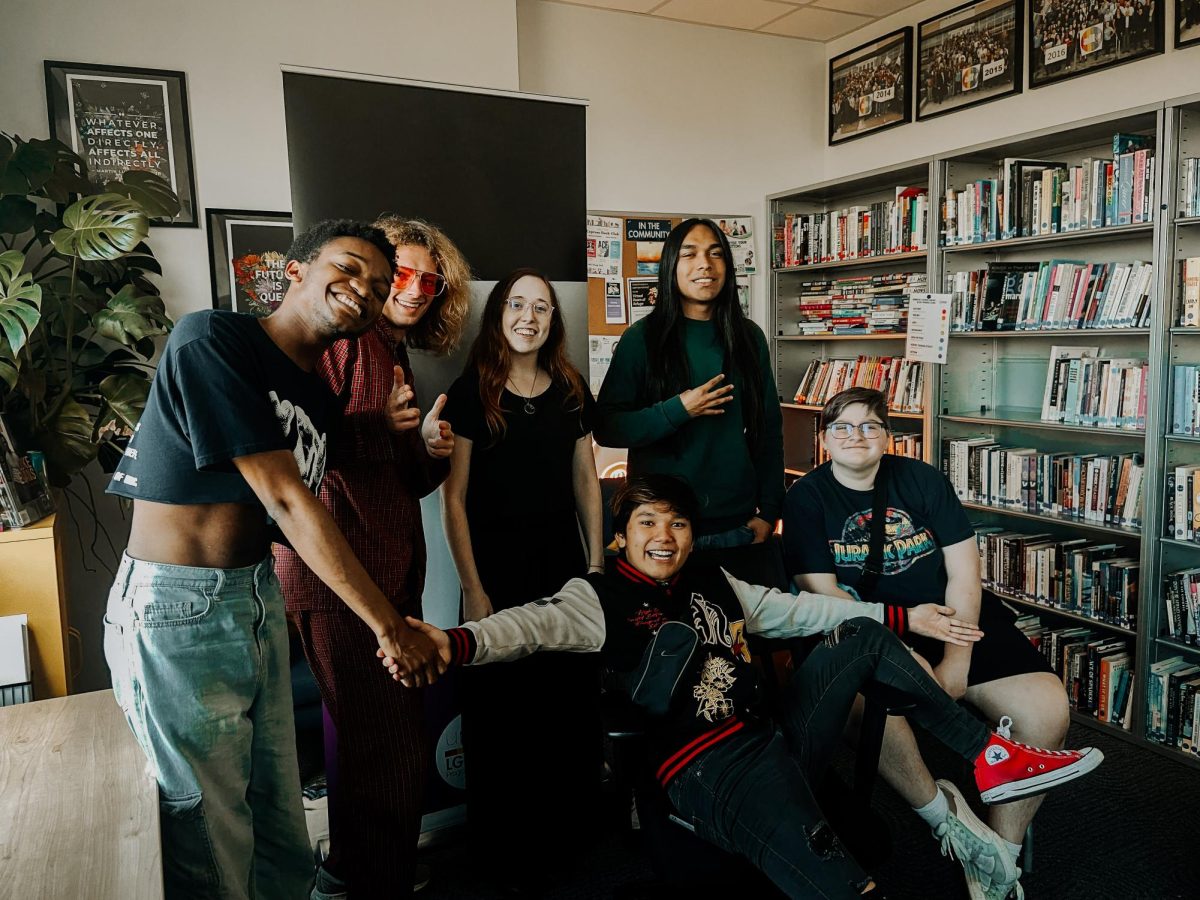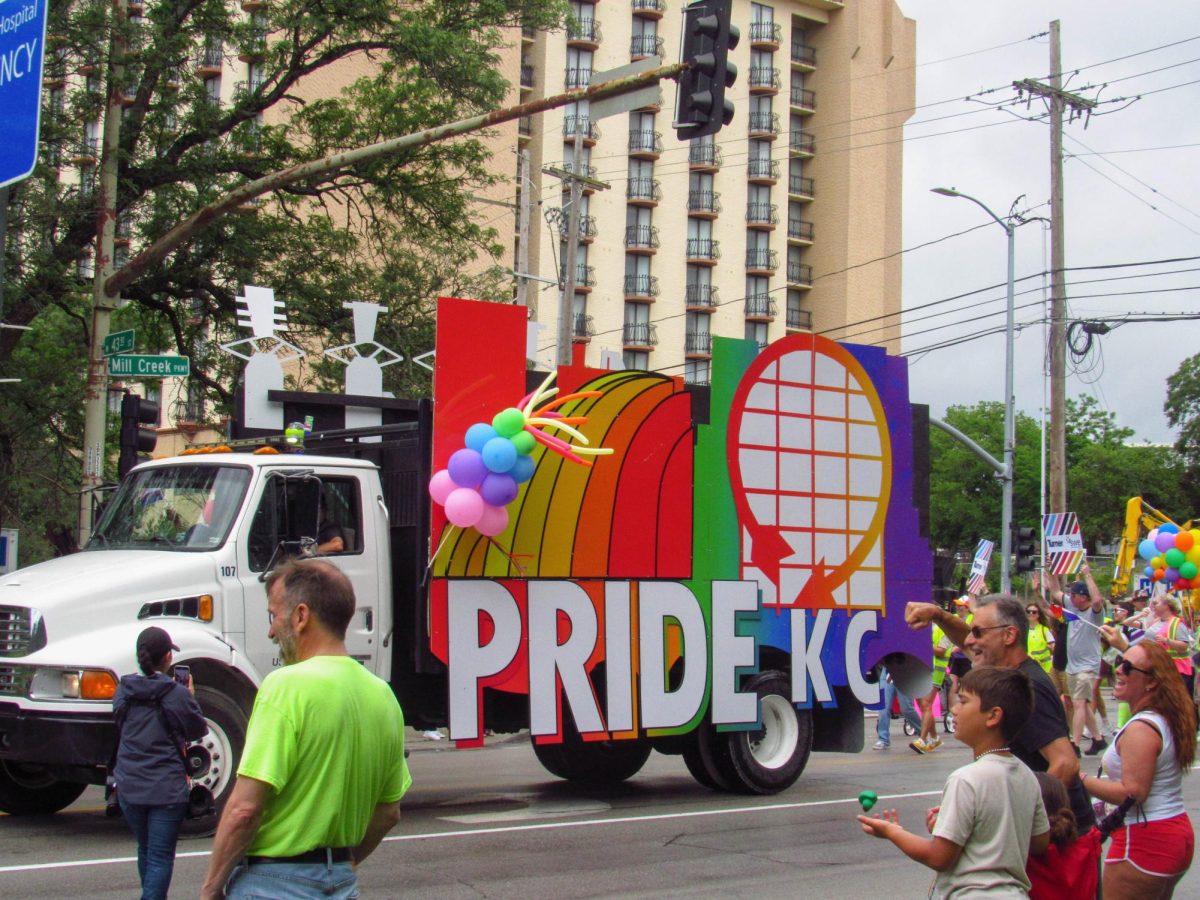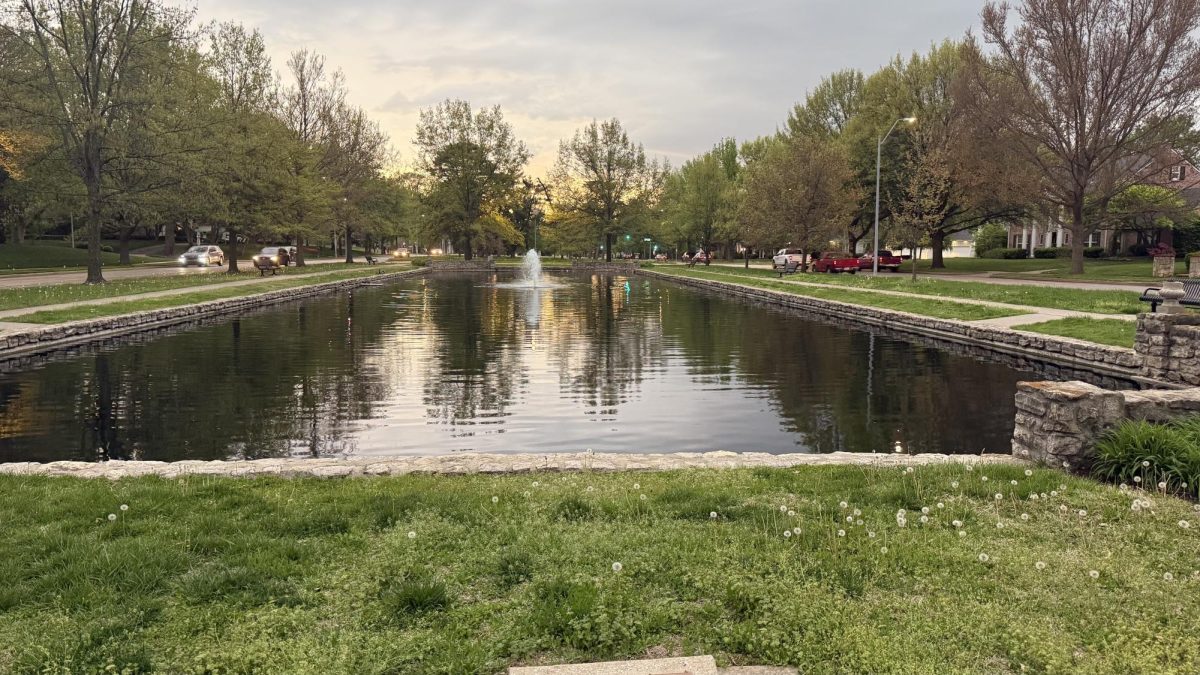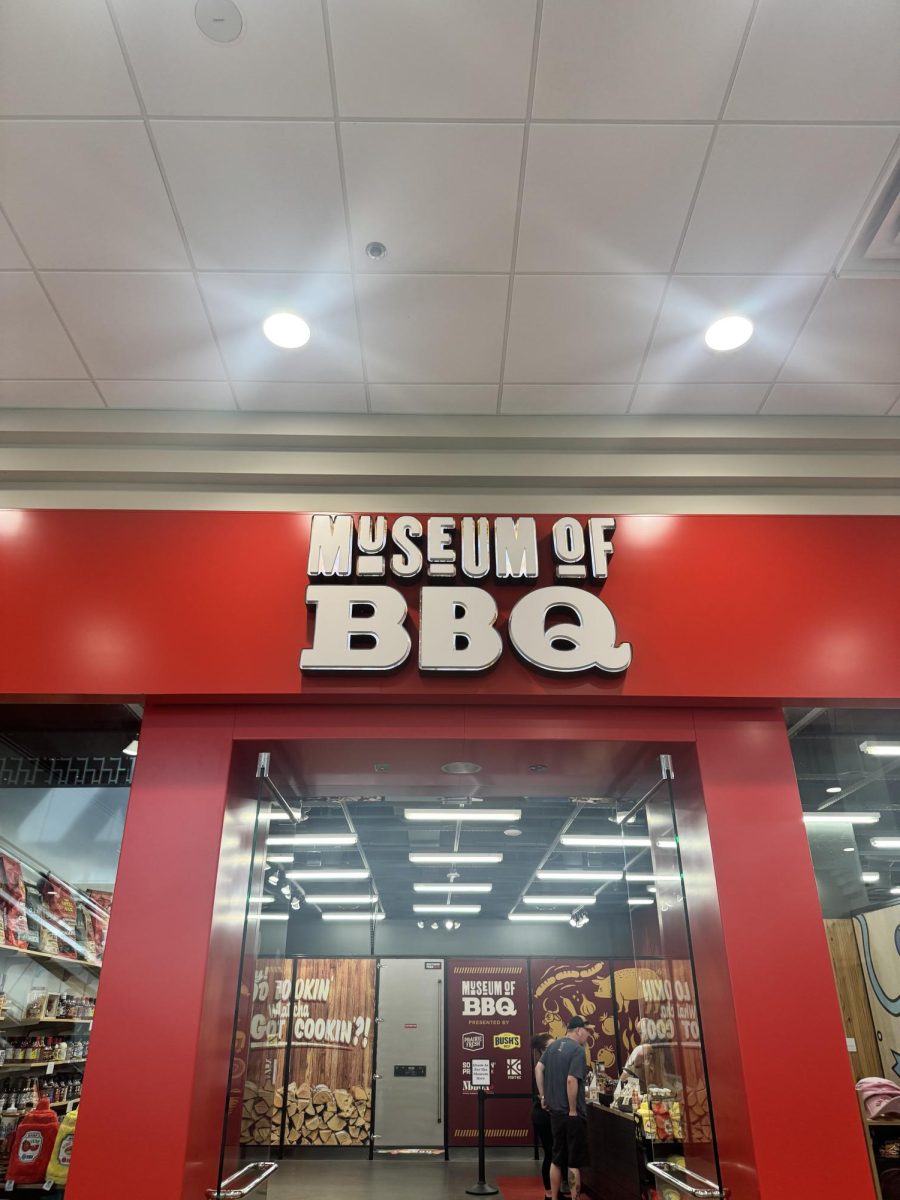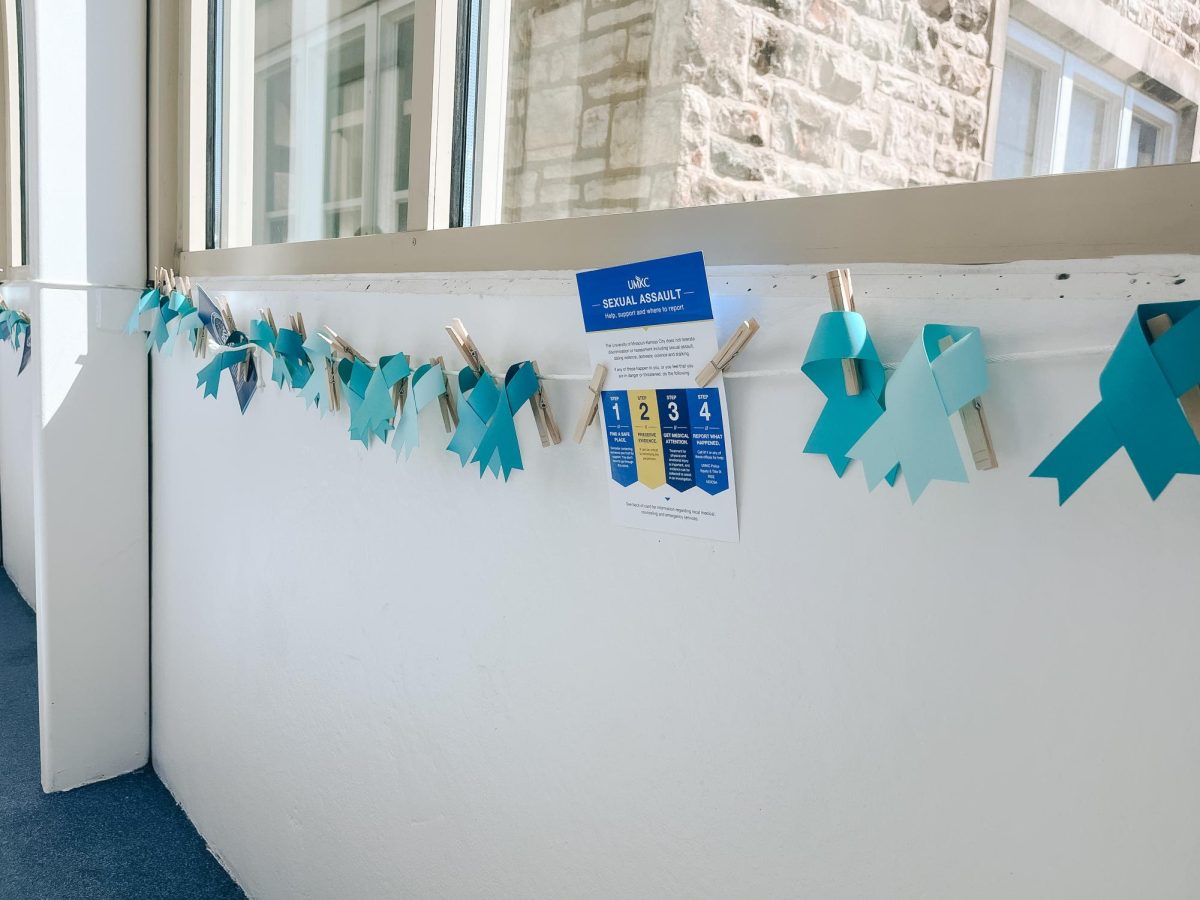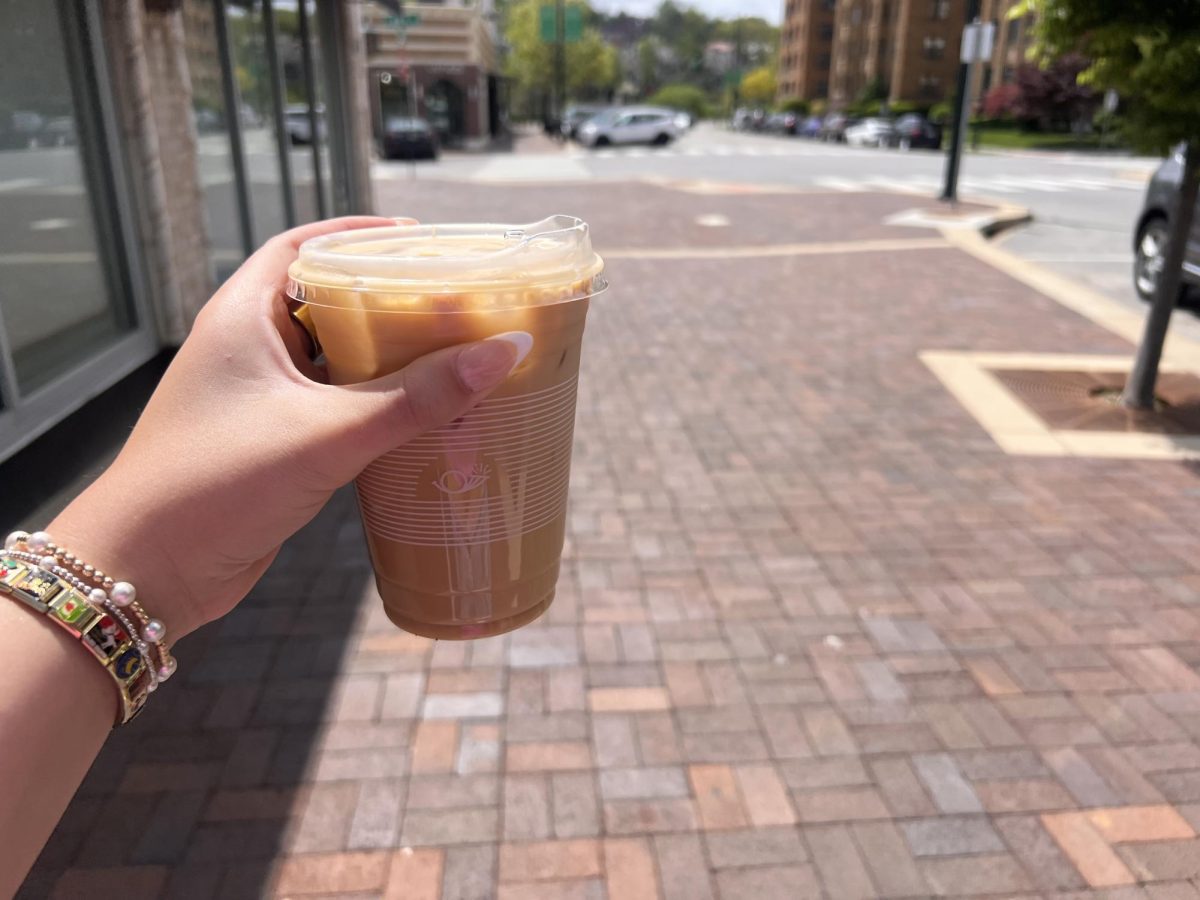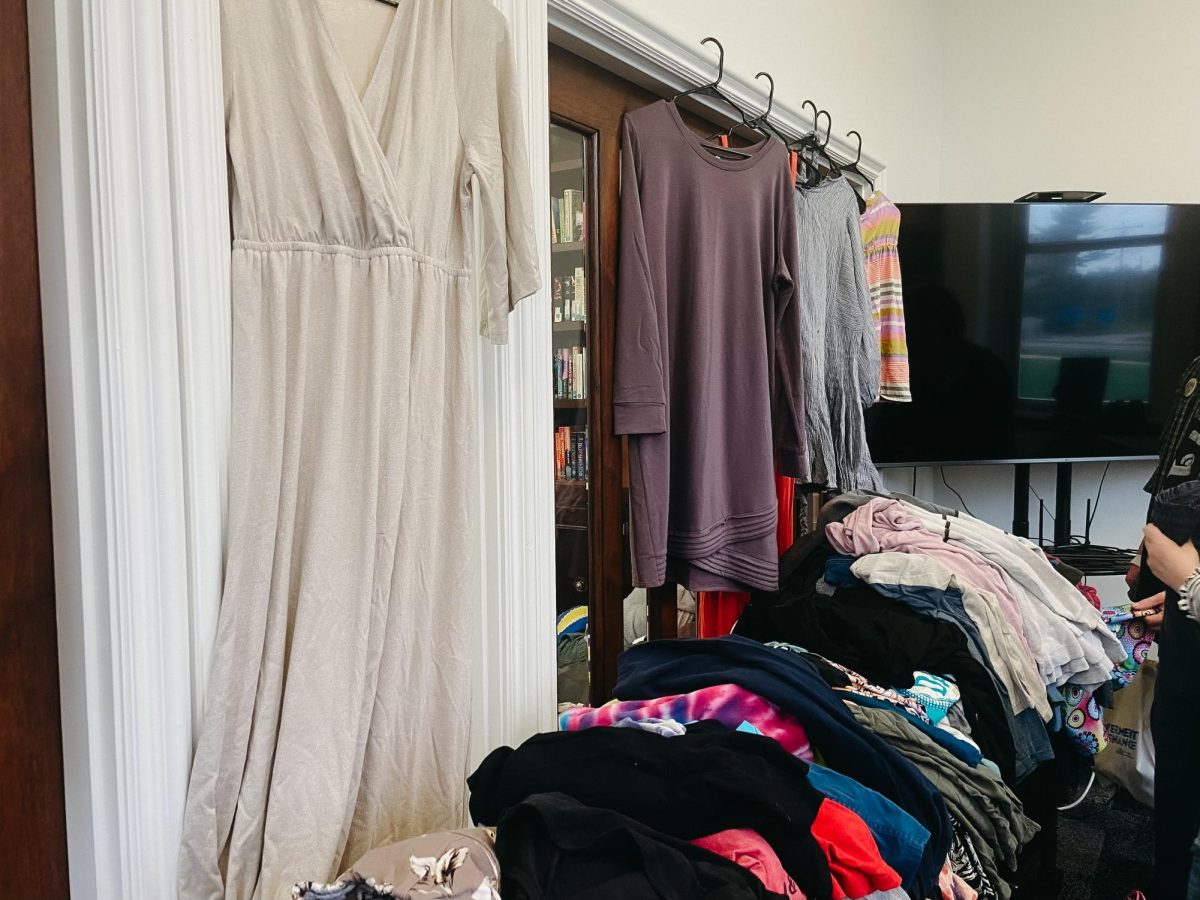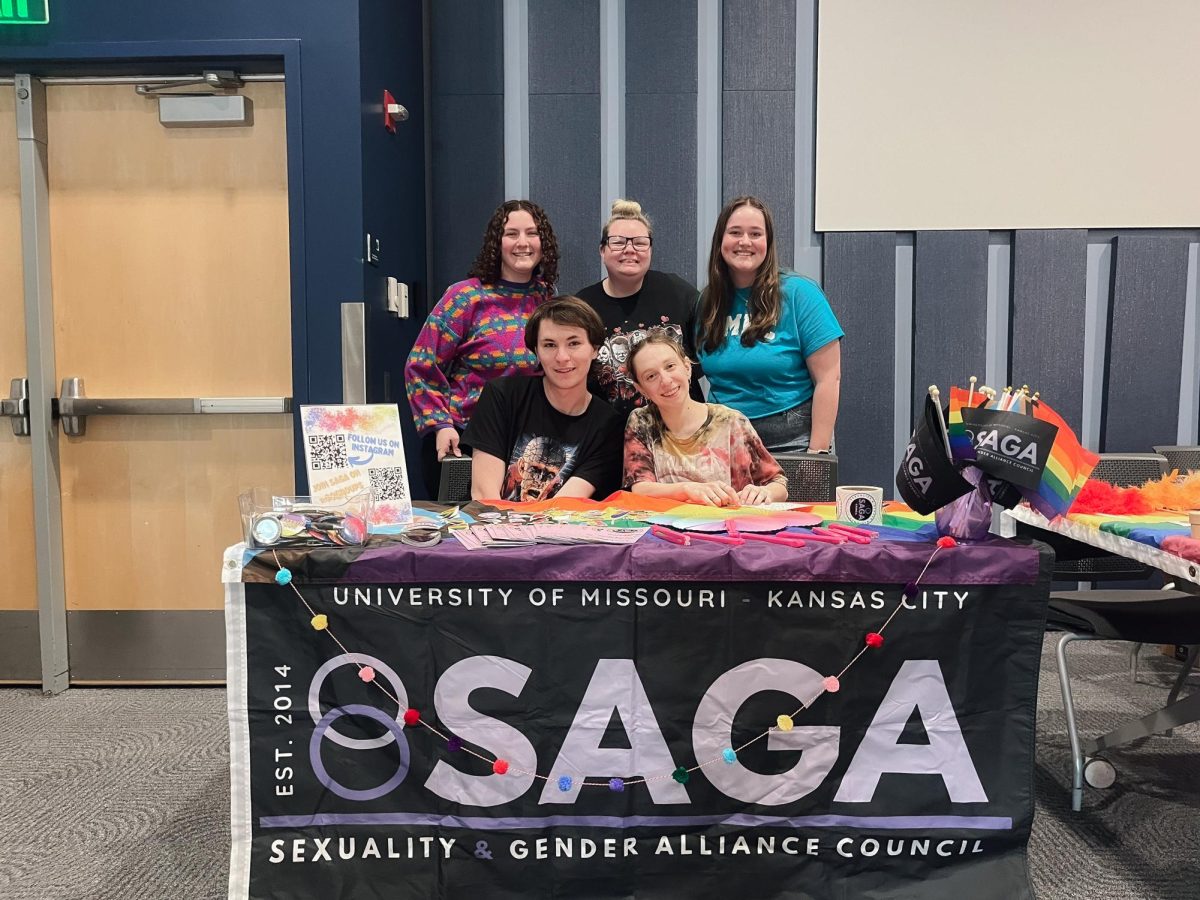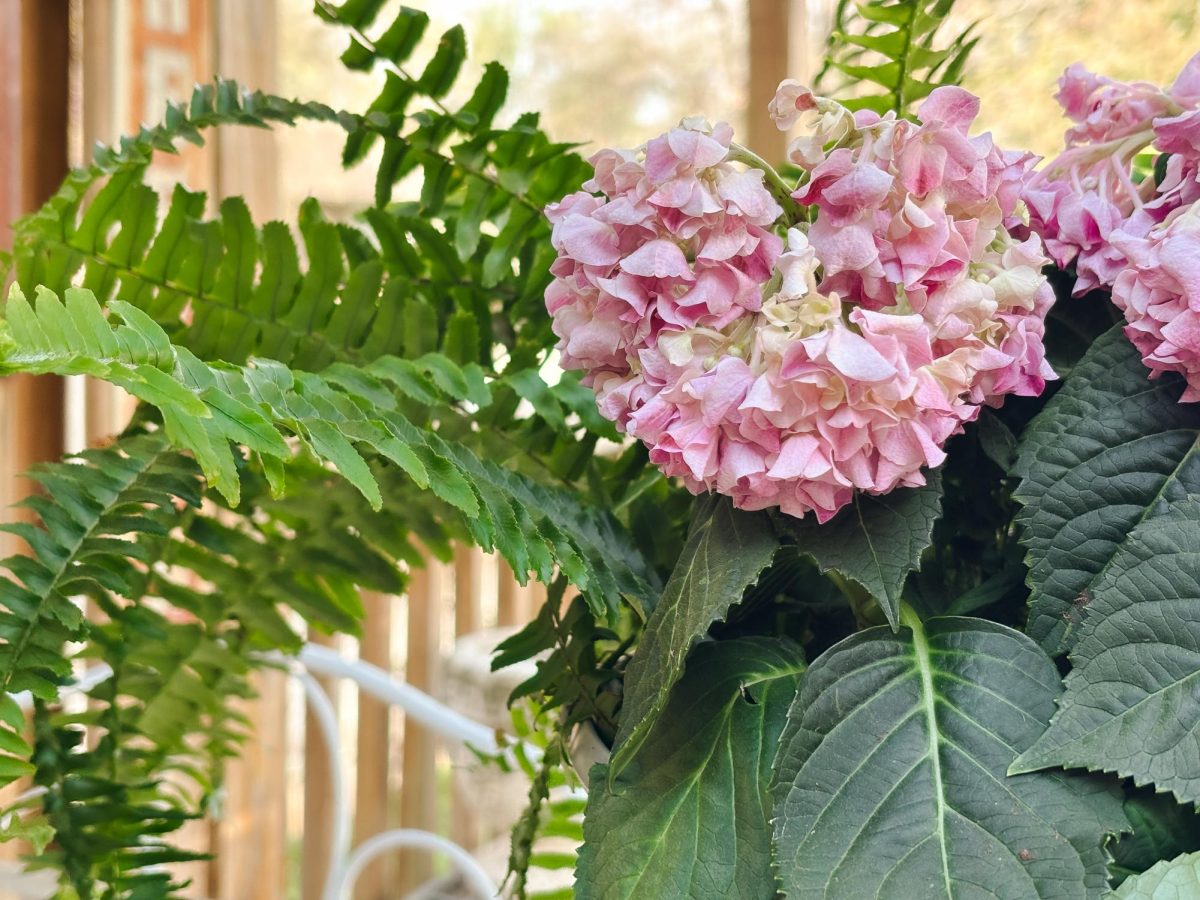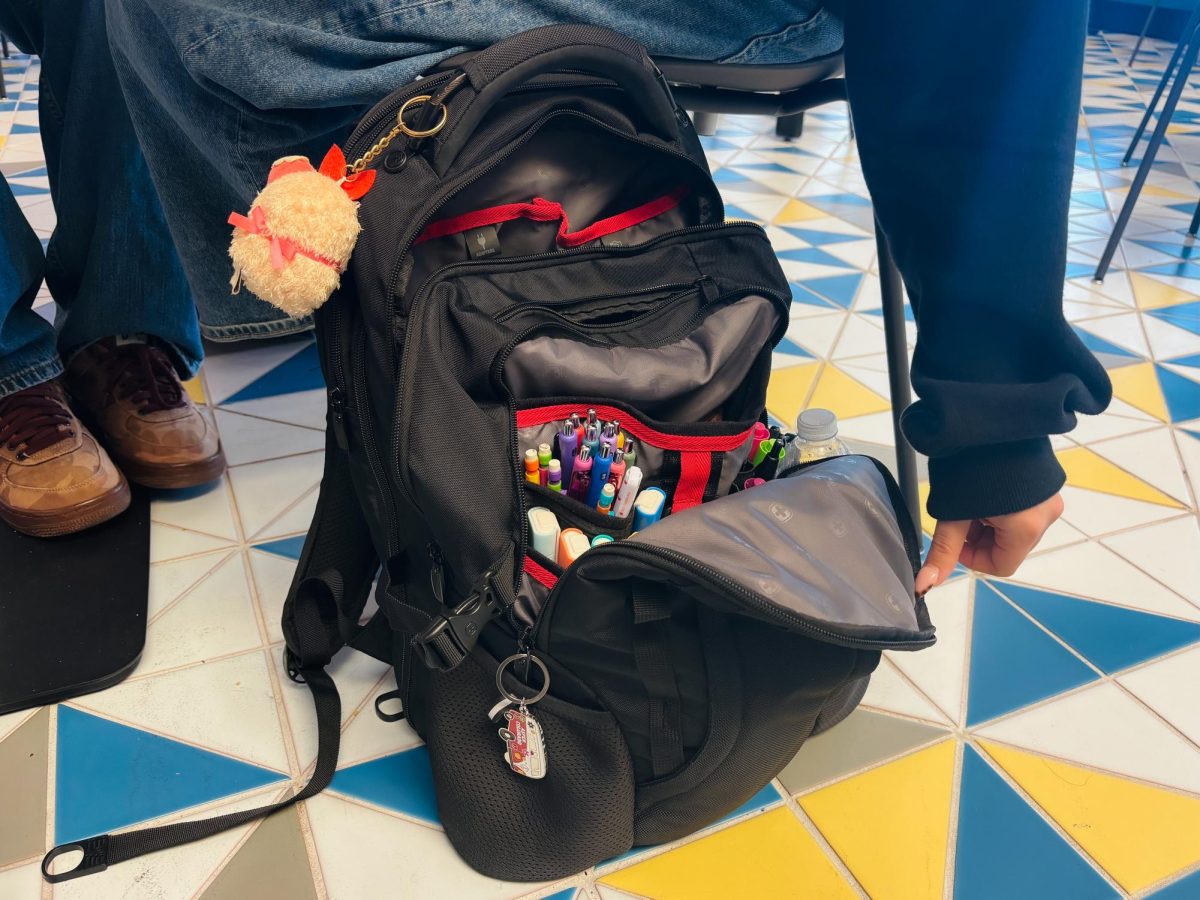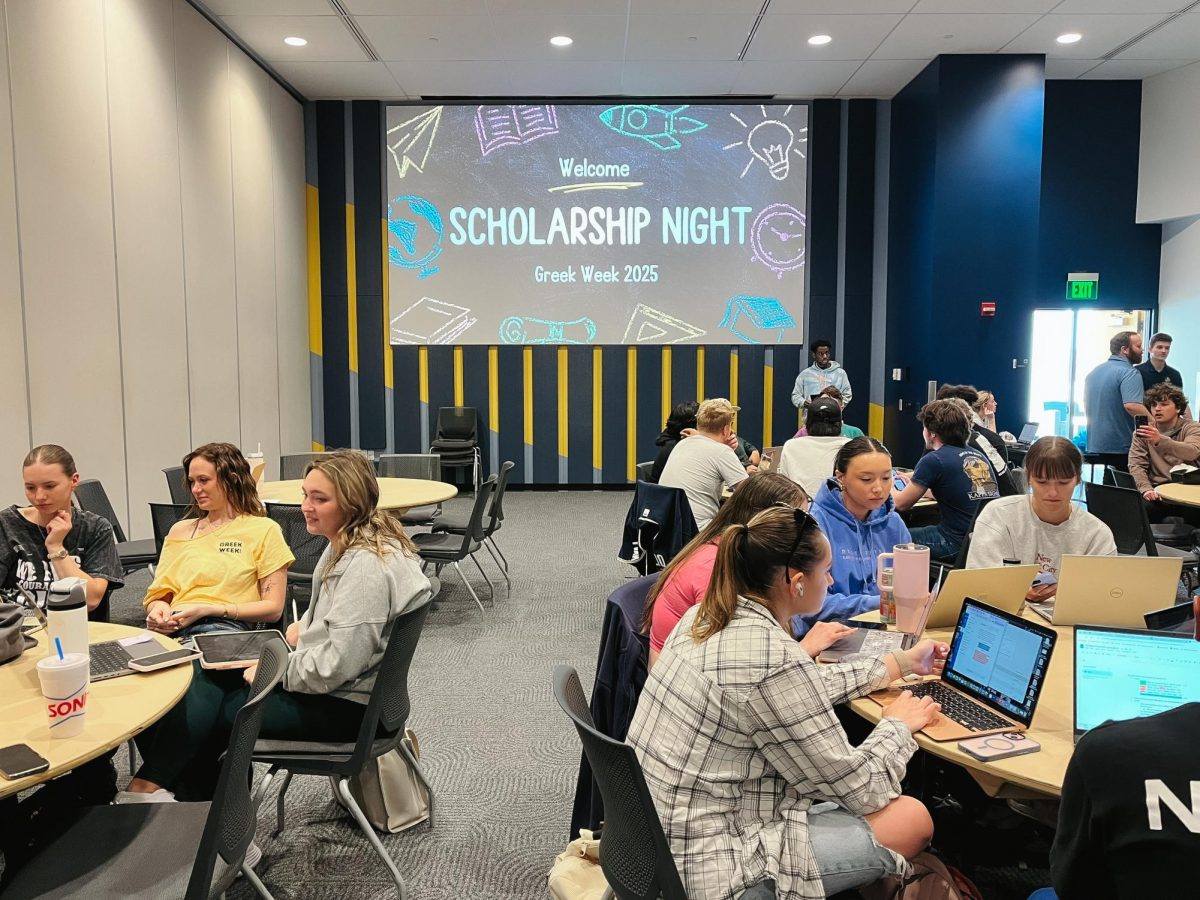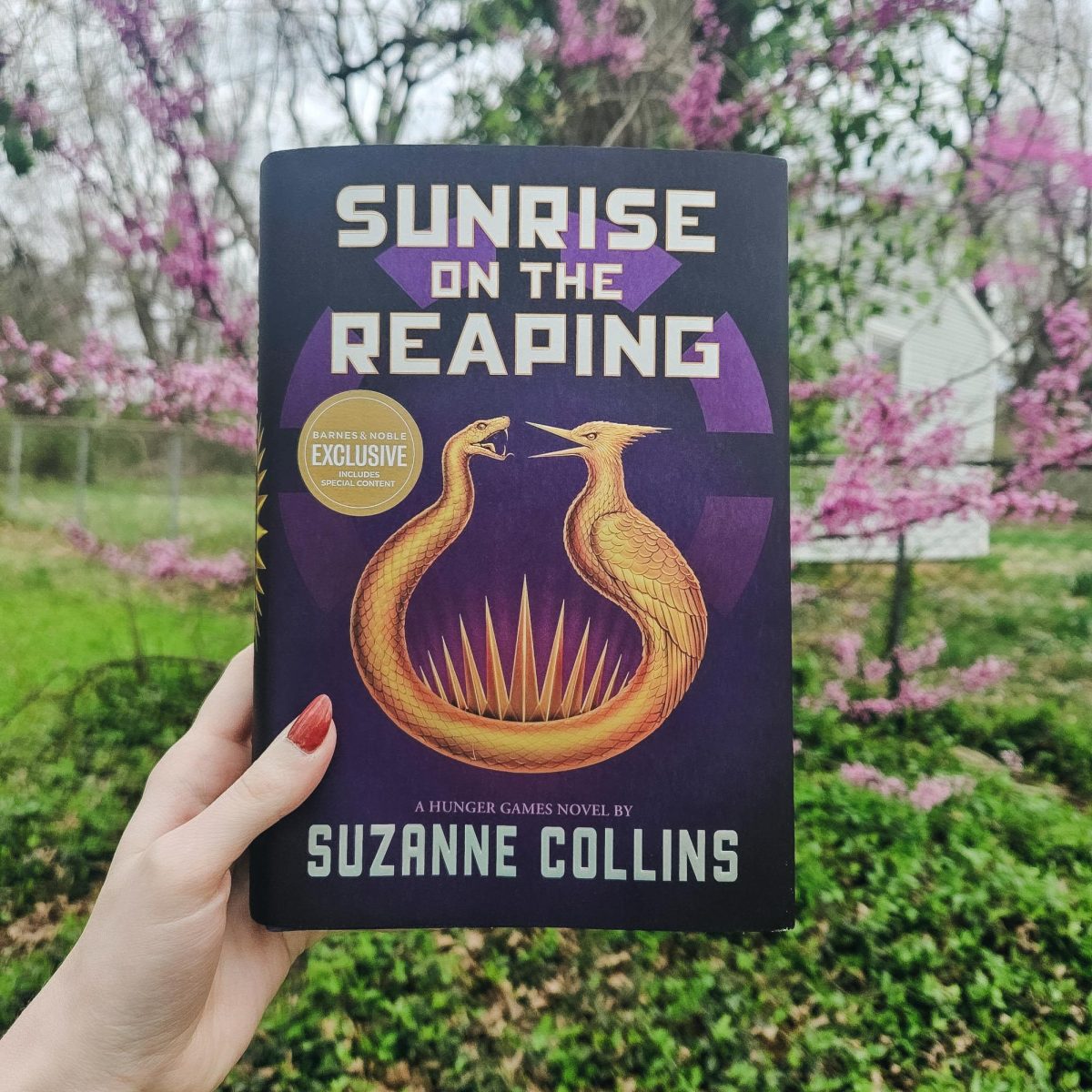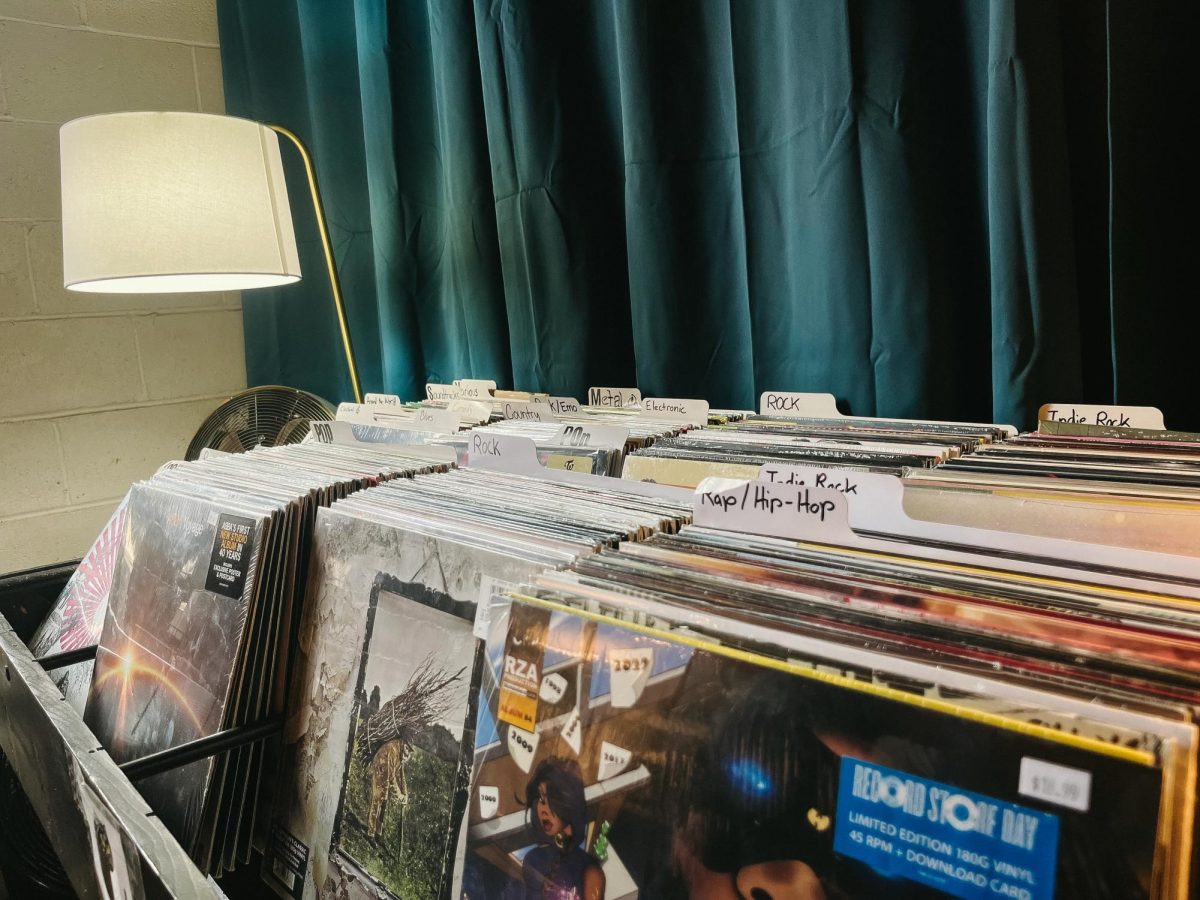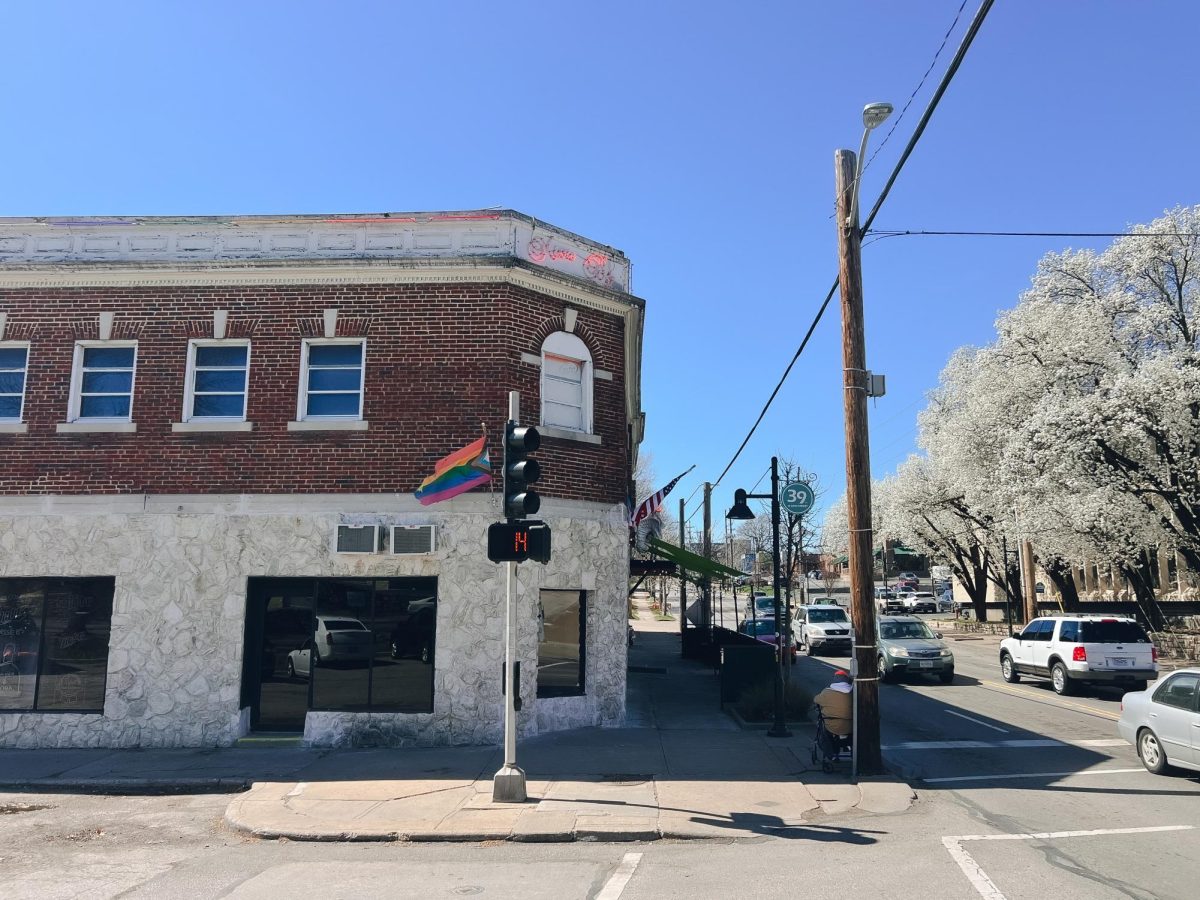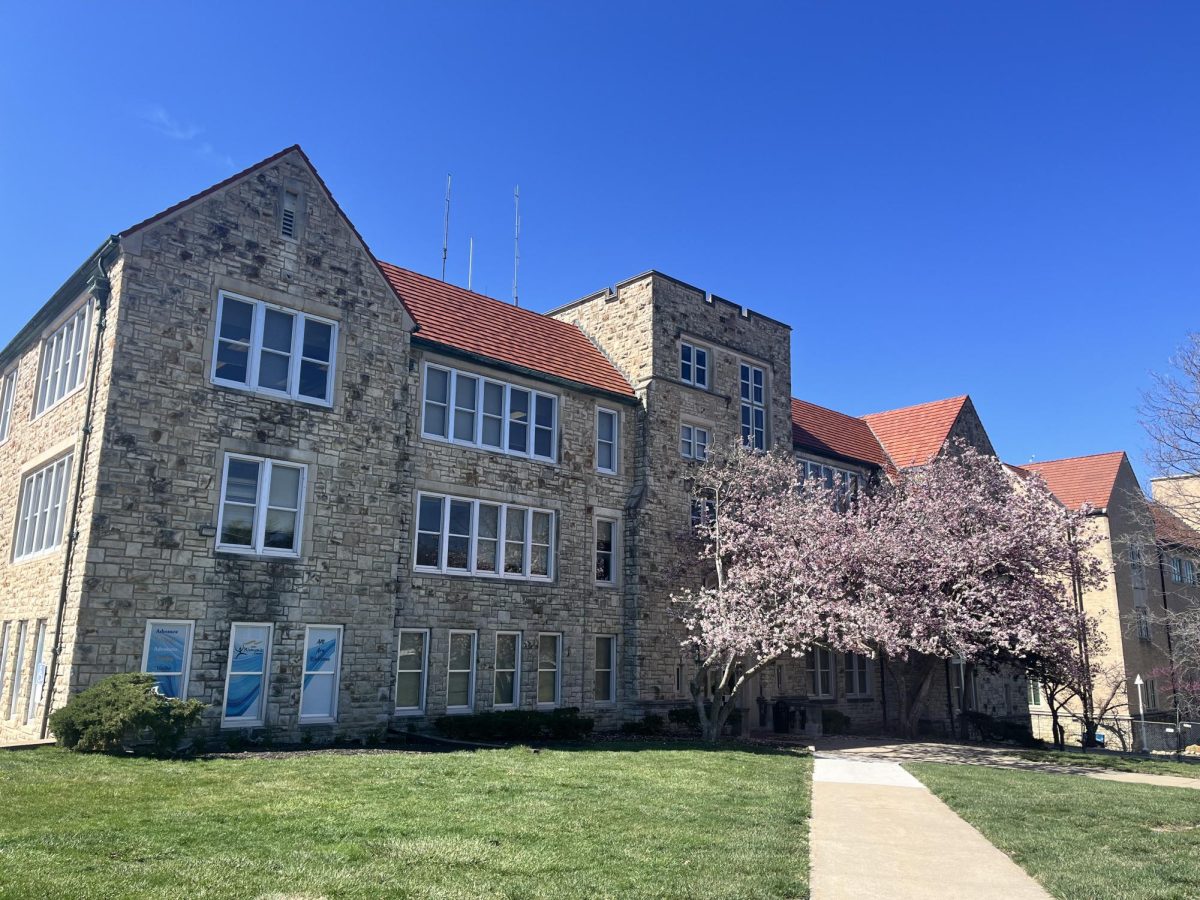Tucked away in a cozy corner of UMKC’s student union, The Rainbow Lounge is a refuge for LGBTQ+ students.
The lounge now hosts the Ace Place once a month, where asexual and aromantic students can come together to build community and challenge conventional notions of romance and sexuality. They play games, watch movies, share stories and enjoy each others’ company.
The Ace Place consists of people from all demographics – including teachers and students, those on the ace spectrum and those who are not.
Asexuality and aromanticism exist on spectrums, where individuals may experience little to no attraction to others. Some may feel only romantic attraction, only sexual attraction or neither.
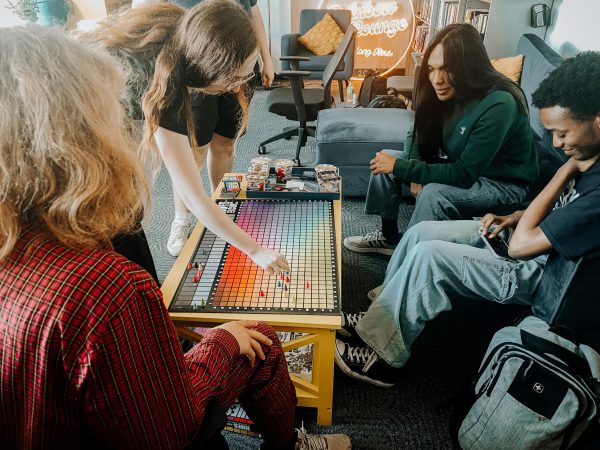
Most of the group became acquainted with the concept of asexuality only recently.
Freshman exploratory major Henry Walker said they didn’t know what asexuality was until last year, and only then did they explore their identity.
“I kind of assumed by default I was pansexual because I felt the same way about everybody, but then I realized it was like a pan-no-thanks,” they said.
Walker said that their main challenge was grasping that it wasn’t wrong to feel differently in a society in which sexual attraction is encouraged.
Asexuality is often misunderstood or overlooked in mainstream conversations. It is an identity that challenges societal expectations surrounding attraction and relationships. Spaces such as The Ace Place are crucial for students to connect with similar individuals and rediscover themselves.
UMKC professor and Financial Wellness Center Manager Anna Zimmerman did not learn about the concept of asexuality until her freshman year of college. She said it was due to underrepresentation of LGBTQ+ identities in her youth and her Mormon background.
“I feel like I always kind of knew. Adults would talk about how they wanted to kiss people or they wanted to make out, and I was always like ‘I’m okay, I don’t really want to do that.’ I just didn’t know that was a term that existed.”
Despite her identity, Zimmerman has been married for nearly five years and is pregnant with her second child.
“Initially it was a really big challenge. A lot of it was navigating what it means to negotiate, and what a fulfilling relationship looks like,” she said. “Me saying I’m asexual doesn’t necessarily imply anything about our relationship, rather who I am and my natural state of being.”
Freshman history major Jay Banuelos said that the first asexual people he ever met were at The Ace Place. Despite identifying as ace himself, he mainly showed up for the FSE credit and to relieve his boredom.
“My friends would describe how they felt about other people, and I just didn’t relate to that and couldn’t understand. I’ve never wanted anything sexual in my whole life. That thought has never even been in my head,” he said.
The Ace Place only began meeting this August, making it a relatively new group compared to other LGBTQ+ organizations on campus.
The club gathers monthly at The Rainbow Lounge – UMKC’s LGBTQIA+ living room in room 325 of the Student Union.
To learn more about asexuality at UMKC’s 2024 Speak Out Event with Dr. Amanda Mollet, click here.


